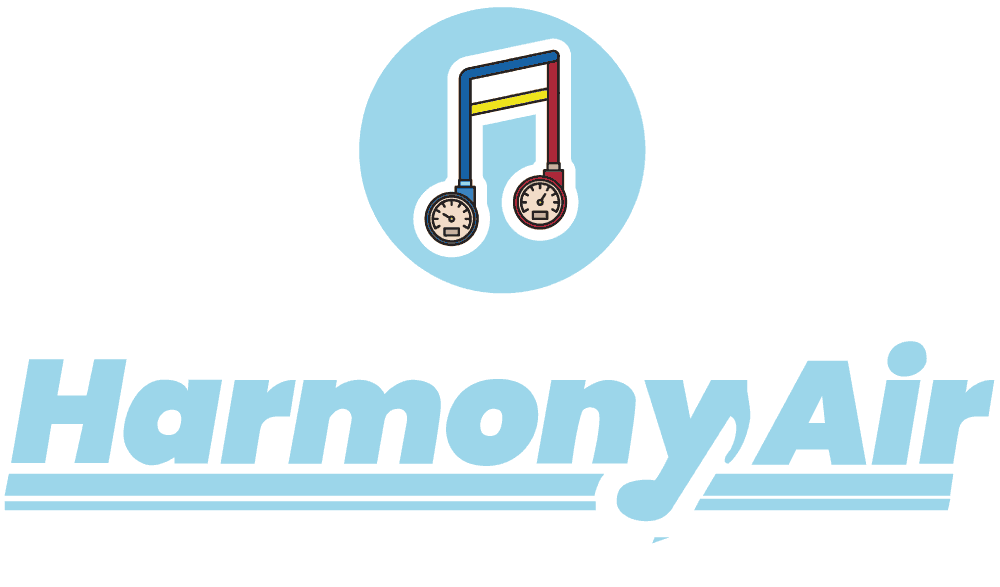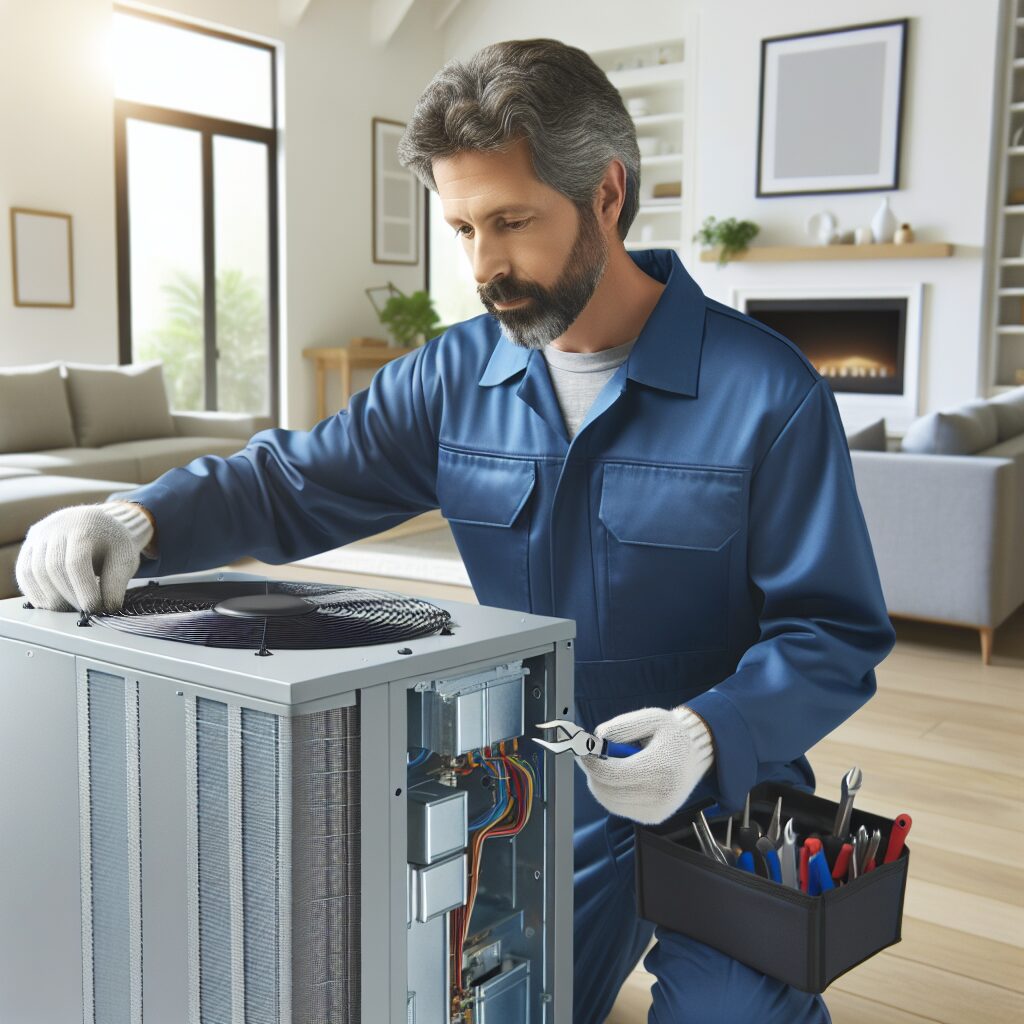When it comes to maintaining a comfortable home environment, your HVAC system plays a crucial role. Over time, however, even the most robust HVAC systems can wear out and become inefficient. This is when you might start wondering, “how much is a HVAC replacement?” Understanding the costs associated with replacing your HVAC system is essential for making an informed decision.
Several factors influence the cost of a new HVAC system, including the size of your home, the type of unit you choose, and the complexity of the installation process. In this article, we’ll delve into these factors to give you a clear picture of what to expect.
At Harmony Air, LLC, we aim to make this process as seamless and affordable as possible. Call now at (772) 773-6538 to speak with one of our experts and get a personalized estimate for your HVAC replacement needs.
Factors Affecting HVAC Replacement Price
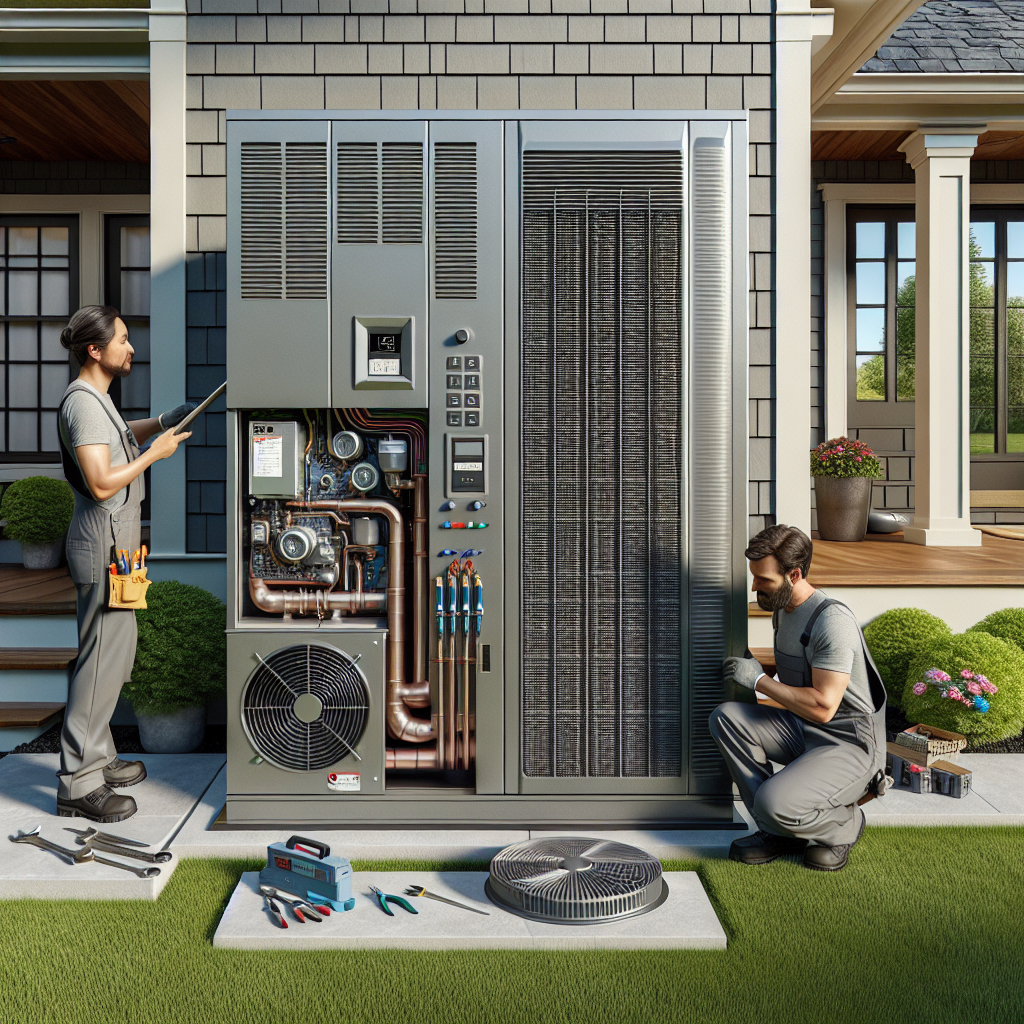
Several key factors contribute to the overall HVAC replacement cost. Understanding these elements can help you budget effectively and choose the best system for your needs. Here are the main factors that influence the price:
- Type of HVAC System: Different types of HVAC systems, such as central air conditioning, heat pumps, and ductless mini-splits, come with varying costs. Central systems tend to be more expensive but offer comprehensive heating and cooling solutions.
- Size and Capacity: The size of your home and the capacity of the HVAC unit required to cool or heat it efficiently will significantly impact the cost. Larger units are generally more expensive.
- Energy Efficiency: High-efficiency units may have a higher upfront cost but can save you money in the long run through reduced energy bills. Look for units with high SEER (Seasonal Energy Efficiency Ratio) ratings.
- Installation Complexity: The complexity of the installation process, including any necessary modifications to your home’s ductwork or electrical system, can add to the overall cost.
- Brand and Quality: The brand and quality of the HVAC unit you choose also affect the price. Premium brands often come with higher costs but offer better warranties and reliability.
- Labor Costs: Labor costs can vary depending on the contractor you choose and the region you live in. It’s essential to get multiple quotes to ensure you’re getting a fair price.
Being aware of these factors will help you make a more informed decision and ensure you choose an HVAC system that meets both your budget and your needs.
Types of HVAC Systems and Their Costs
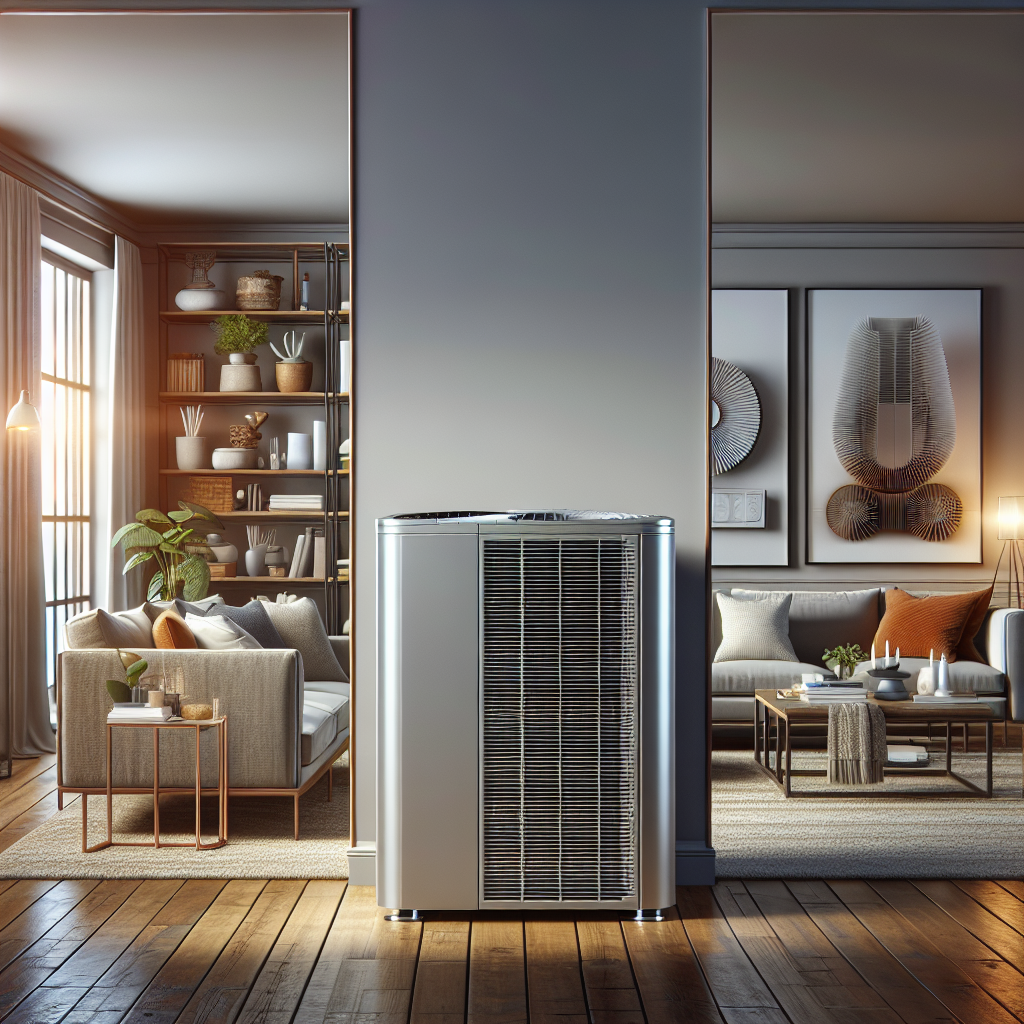
When considering how much is an HVAC replacement, it’s crucial to understand the different types of HVAC systems available and their associated costs. Each type offers unique benefits and price points, so knowing your options can help you make an informed decision.
- Central Air Conditioning Systems: These are the most common and widely used systems, providing cooling throughout an entire home via a network of ducts. The cost for a central air conditioning system ranges from $3,000 to $7,000, depending on the unit’s size and efficiency.
- Heat Pumps: Heat pumps offer both heating and cooling capabilities, making them versatile for year-round use. They are energy-efficient and environmentally friendly. The cost of a heat pump system typically falls between $4,000 and $8,000.
- Ductless Mini-Split Systems: Ideal for homes without existing ductwork, these systems provide zoned heating and cooling. They are highly efficient but can be more expensive per unit area compared to central systems. The cost for ductless mini-split systems ranges from $2,000 to $10,000, depending on the number of indoor units required.
- Furnaces: Primarily used for heating, furnaces can be paired with central air conditioning systems for complete climate control. The cost for a furnace ranges from $2,500 to $6,000, depending on the type (gas, electric, or oil) and efficiency.
- Geothermal Systems: These systems use the earth’s natural heat to provide heating and cooling. While they are highly efficient and environmentally friendly, geothermal systems are among the most expensive, with costs ranging from $15,000 to $35,000.
Understanding the types of HVAC systems and their costs will help you choose the best option for your home and budget. Each system has its own set of advantages, so consider your specific needs and preferences when making a decision.
Average Cost of HVAC Replacement
One of the most frequently asked questions by homeowners is, how much is an HVAC replacement? On average, the cost of replacing an HVAC system can vary significantly based on several factors. However, having a ballpark figure can help you plan and budget accordingly.
Typically, the average cost of a complete HVAC replacement ranges from $5,000 to $10,000. This price range includes both the equipment and labor costs. Here are some elements that can influence this overall cost:
- Unit Size and Capacity: Larger homes require HVAC systems with greater capacity, which are generally more expensive. The size of the unit is typically measured in tons for air conditioners and BTUs for furnaces.
- Energy Efficiency: Higher efficiency units tend to cost more upfront but offer savings in the long run through reduced energy bills. Look for the SEER (Seasonal Energy Efficiency Ratio) rating for air conditioners and the AFUE (Annual Fuel Utilization Efficiency) rating for furnaces.
- Brand and Model: Premium brands and models with advanced features will naturally cost more. However, they often come with better warranties and longer lifespans.
- Installation Complexity: The complexity of the installation process can also affect the cost. For example, homes requiring extensive ductwork modifications or those with difficult-to-access areas may incur higher labor costs.
- Geographic Location: Prices can vary depending on your geographic location due to differences in labor costs, local regulations, and climate conditions.
While these figures provide a general estimate, it’s essential to get a detailed, personalized quote from a reputable HVAC contractor to understand the precise cost for your specific situation. By considering these factors, you can make an informed decision about your HVAC replacement project.
Cost-Saving Tips for HVAC Replacement
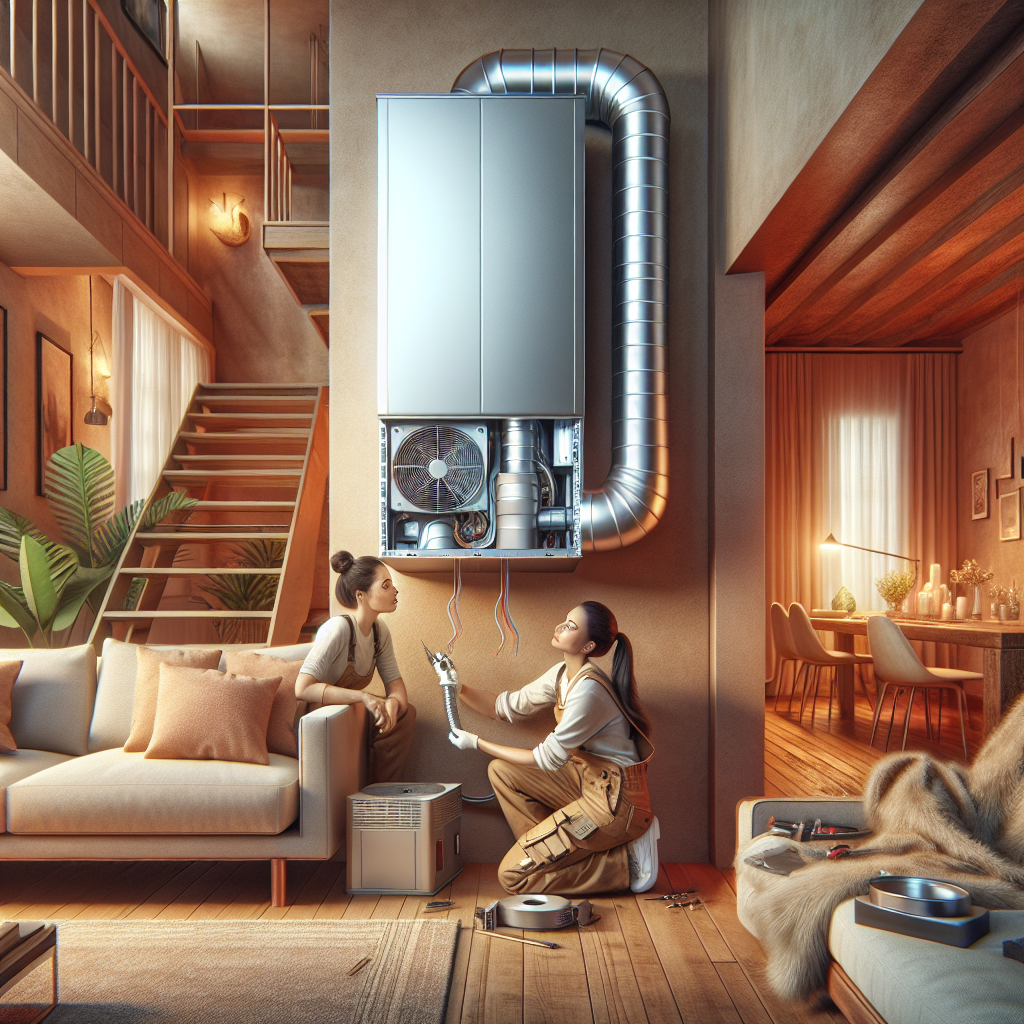
Replacing your HVAC system can be a significant investment, but there are several ways to save on costs while ensuring you get a high-quality system. Here are some practical cost-saving tips for HVAC replacement:
- Shop Around for Quotes: Don’t settle for the first quote you receive. Instead, get multiple estimates from different HVAC contractors. This can help you compare prices and find the best deal without compromising on quality.
- Timing is Key: Consider scheduling your HVAC replacement during the off-season periods, such as spring or fall. Contractors are less busy during these times, and you might be able to negotiate a better price.
- Take Advantage of Rebates and Incentives: Many utility companies and manufacturers offer rebates or incentives for purchasing energy-efficient systems. Research these programs to see if you qualify for any financial incentives that can reduce the overall cost.
- Consider Financing Options: Some HVAC companies offer financing plans that allow you to spread out payments over time. This can make the upfront cost more manageable and help you afford a higher quality, more efficient system.
- Maintain Your System: Regular maintenance can extend the lifespan of your HVAC system and improve its efficiency. This can help you avoid costly repairs or premature replacements in the long run. Invest in a maintenance plan to keep your system running smoothly.
- Evaluate Your Home’s Insulation: Improving your home’s insulation can reduce the workload on your HVAC system, leading to lower energy consumption and potentially allowing you to opt for a smaller, less expensive unit.
By following these tips, you can minimize the cost of your HVAC replacement while still ensuring you have a reliable and efficient system in place. A little research and planning can go a long way in making this essential home upgrade more affordable.
Conclusion: Investing in a New HVAC System
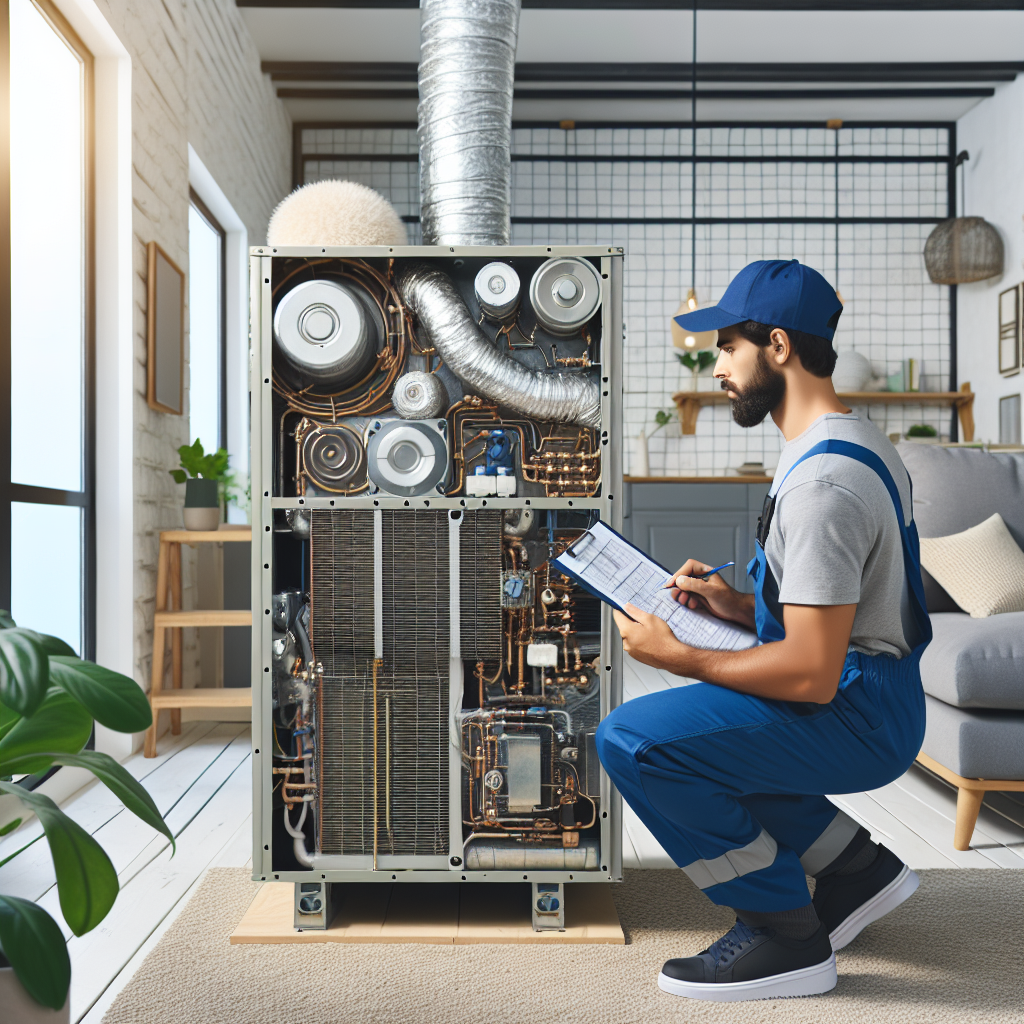
Investing in a new HVAC system is a significant decision, but it’s one that can greatly enhance your home’s comfort and energy efficiency. By understanding the factors that influence the cost, such as system type, installation complexity, and additional features, you can make an informed choice that fits your budget and needs.
While the initial expense can seem daunting, the long-term benefits of a modern, efficient HVAC system can outweigh the costs. These benefits include improved air quality, consistent indoor temperatures, and lower energy bills. Moreover, a new system can increase your home’s resale value, making it a wise investment for the future.
Remember, the key to a successful HVAC replacement is planning and research. Utilize cost-saving tips like shopping around for quotes, taking advantage of rebates, and maintaining your system regularly to get the most value out of your investment. By doing so, you’ll ensure that your new HVAC system serves you well for many years to come.
If you’re ready to take the next step and invest in a new HVAC system, contact Harmony Air, LLC for expert guidance and service. Our experienced technicians are here to help you every step of the way. Call now (772) 773-6538 to schedule a consultation and discover how we can provide the perfect HVAC solution for your home.
